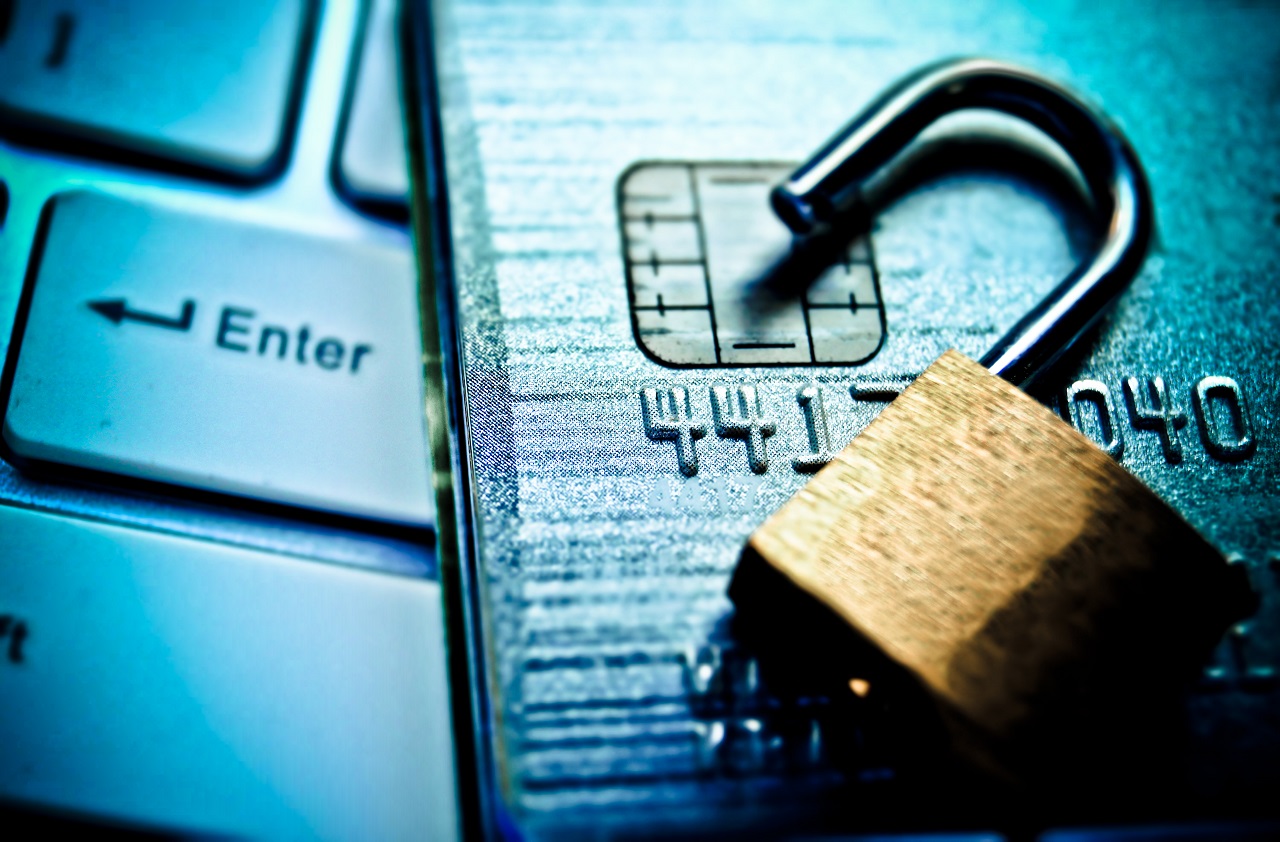Profit and prosper with the best of Kiplinger's advice on investing, taxes, retirement, personal finance and much more. Delivered daily. Enter your email in the box and click Sign Me Up.
You are now subscribed
Your newsletter sign-up was successful
Want to add more newsletters?

Delivered daily
Kiplinger Today
Profit and prosper with the best of Kiplinger's advice on investing, taxes, retirement, personal finance and much more delivered daily. Smart money moves start here.

Sent five days a week
Kiplinger A Step Ahead
Get practical help to make better financial decisions in your everyday life, from spending to savings on top deals.

Delivered daily
Kiplinger Closing Bell
Get today's biggest financial and investing headlines delivered to your inbox every day the U.S. stock market is open.

Sent twice a week
Kiplinger Adviser Intel
Financial pros across the country share best practices and fresh tactics to preserve and grow your wealth.

Delivered weekly
Kiplinger Tax Tips
Trim your federal and state tax bills with practical tax-planning and tax-cutting strategies.

Sent twice a week
Kiplinger Retirement Tips
Your twice-a-week guide to planning and enjoying a financially secure and richly rewarding retirement

Sent bimonthly.
Kiplinger Adviser Angle
Insights for advisers, wealth managers and other financial professionals.

Sent twice a week
Kiplinger Investing Weekly
Your twice-a-week roundup of promising stocks, funds, companies and industries you should consider, ones you should avoid, and why.

Sent weekly for six weeks
Kiplinger Invest for Retirement
Your step-by-step six-part series on how to invest for retirement, from devising a successful strategy to exactly which investments to choose.
Google Alerts are designed to keep you up-to-date on the latest online chatter surrounding your chosen areas of interest. It's simple to sign up, pick any topic and receive alerts by email as Google finds relevant new results. But hidden dangers can lurk in the links that land in your inbox on a weekly, daily or even real-time basis.
Always evolving scammers are succeeding in getting their links to show up in Google Alerts results seemingly by inserting popular keywords in the titles and pages of their fraudulent sites. So a Google Alerts user who wants to see, say, anything new on the Web related to "Kiplinger" might receive, in addition to legitimate links to Kiplinger.com and to news about Kiplinger, links to spammy or even malicious sites that are making surreptitious use of the name to attract potential victims. Google, which didn't respond to a request for comment, certainly strives to identify and block bogus sites, but there's evidence that some scammers are getting around its defenses.
Spam disguised in this manner is a new trick, says Gary Davis, chief consumer security evangelist at McAfee. “This is the first I’ve heard of it,” he says. Davis examined some of the suspicious links we discovered in Google Alerts and determined that they led to potentially harmful malware that could infect a computer "instantaneously."
From just $107.88 $24.99 for Kiplinger Personal Finance
Become a smarter, better informed investor. Subscribe from just $107.88 $24.99, plus get up to 4 Special Issues

Sign up for Kiplinger’s Free Newsletters
Profit and prosper with the best of expert advice on investing, taxes, retirement, personal finance and more - straight to your e-mail.
Profit and prosper with the best of expert advice - straight to your e-mail.
One popular scam making the rounds is a “Blue Screen of Death” popup window that tells a PC user that their machine has been hacked – and to call a certain phone number for "tech support." According to Web security site MalwareBytes.org, which maintains a rolling blacklist of rogue Web sites and companies offering phony tech support, calling the number only worsens the problem. Beyond shaking you down for repair money, the “technician” on the other end of the line may use the opportunity to load your computer with spyware to steal valuable personal and financial information. (See How to Recover from a Tech Support Scam for more.)
What can you do to protect yourself from deceptive links in Google Alerts? For starters, before you click a link in the email, hover over it with your cursor to see if the Web address points to a legitimate site. If the Google Alerts result purports to be a news story from CNN, but the URL has no connection to CNN, then it's very likely a scam. Also, be sure to report the issue. Go to Google.com/alerts, scroll to the bottom of the page and click on "feedback" to file a complaint. You can report the alleged spammer to the Federal Trade Commission too.
If you want to reduce the chances of spam showing up in your Google Alerts, Davis suggests narrowing your search parameters. Let's say you're an investor who is interested in the latest news about dividend stocks. When you first set up your alert, put "dividend stocks" in quotes to indicate that you're only interested in returning results in which the terms appear together. You can limit the sources of your results to "news" and "blogs," which would exclude broader "web" results. Also, set your Google Alerts to "Only the best results" as opposed to "All results." Finally, unless you're specifically looking for results from sites outside the U.S., limit the region to "United States." The shady links we found in Google Alerts pointed to sites in Germany and France, as indicated by the ".de" and ".fr" URL suffixes, rather than the familiar ".com" suffix.
Profit and prosper with the best of Kiplinger's advice on investing, taxes, retirement, personal finance and much more. Delivered daily. Enter your email in the box and click Sign Me Up.

Bob was Senior Editor at Kiplinger.com for seven years and is now a contributor to the website. He has more than 40 years of experience in online, print and visual journalism. Bob has worked as an award-winning writer and editor in the Washington, D.C., market as well as at news organizations in New York, Michigan and California. Bob joined Kiplinger in 2016, bringing a wealth of expertise covering retail, entertainment, and money-saving trends and topics. He was one of the first journalists at a daily news organization to aggressively cover retail as a specialty and has been lauded in the retail industry for his expertise. Bob has also been an adjunct and associate professor of print, online and visual journalism at Syracuse University and Ithaca College. He has a master’s degree from Syracuse University’s S.I. Newhouse School of Public Communications and a bachelor’s degree in communications and theater from Hope College.
-
 Dow Adds 1,206 Points to Top 50,000: Stock Market Today
Dow Adds 1,206 Points to Top 50,000: Stock Market TodayThe S&P 500 and Nasdaq also had strong finishes to a volatile week, with beaten-down tech stocks outperforming.
-
 Ask the Tax Editor: Federal Income Tax Deductions
Ask the Tax Editor: Federal Income Tax DeductionsAsk the Editor In this week's Ask the Editor Q&A, Joy Taylor answers questions on federal income tax deductions
-
 States With No-Fault Car Insurance Laws (and How No-Fault Car Insurance Works)
States With No-Fault Car Insurance Laws (and How No-Fault Car Insurance Works)A breakdown of the confusing rules around no-fault car insurance in every state where it exists.
-
 Work Email Phishing Scams on the Rise: The Kiplinger Letter
Work Email Phishing Scams on the Rise: The Kiplinger LetterThe Kiplinger Letter Phishing scam emails continue to plague companies despite utilizing powerful email security tools.
-
 Got an Invention? Don’t Fall for These Patent Scams
Got an Invention? Don’t Fall for These Patent ScamsScams Getting an idea for a cool new product patented is a dream for many creative thinkers, but unfortunately there are plenty of scammers out there ready to pounce on that dream. Here’s how to spot them and where you should turn for help instead.
-
 Another Epidemic to Worry About: Identity Theft
Another Epidemic to Worry About: Identity TheftScams Fraud losses grew in 2019 and are likely to increase in 2020.
-
 Don’t Expect an End to Robocalls
Don’t Expect an End to RobocallsScams A new pact will reduce but not eliminate incessant phone calls.
-
 What is My Liability for a Data Breach?
What is My Liability for a Data Breach?Scams If you're a business owner, you have got to be on guard against hackers. Don't just hope for the best, instead, assume the worst.
-
 Retailer Data Breaches in 2018: Was Your Favorite Store Hacked?
Retailer Data Breaches in 2018: Was Your Favorite Store Hacked?Scams Find out which retail chains have been hit and where you can go for help to protect yourself from identity theft, scams and financial fraud.
-
 5 Keys to Keeping Your Data Secure
5 Keys to Keeping Your Data SecureTechnology Protect yourself from would-be identity thieves.
-
 How Consumers Can Clean Up After Equifax Disaster
How Consumers Can Clean Up After Equifax DisasterScams Everyone needs to take precautions in today’s world of constant data breaches. Here are six steps to protect yourself.
